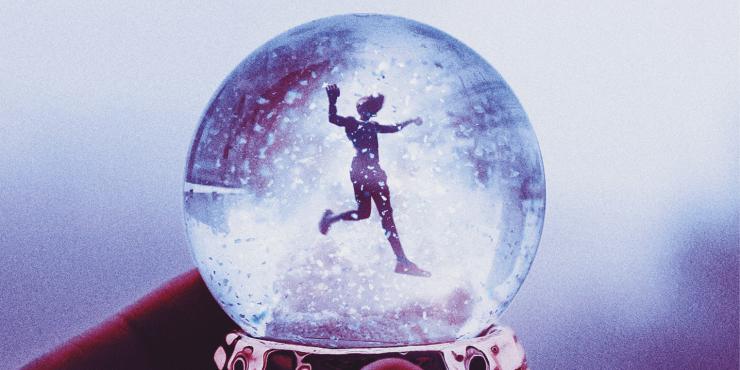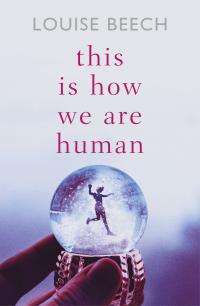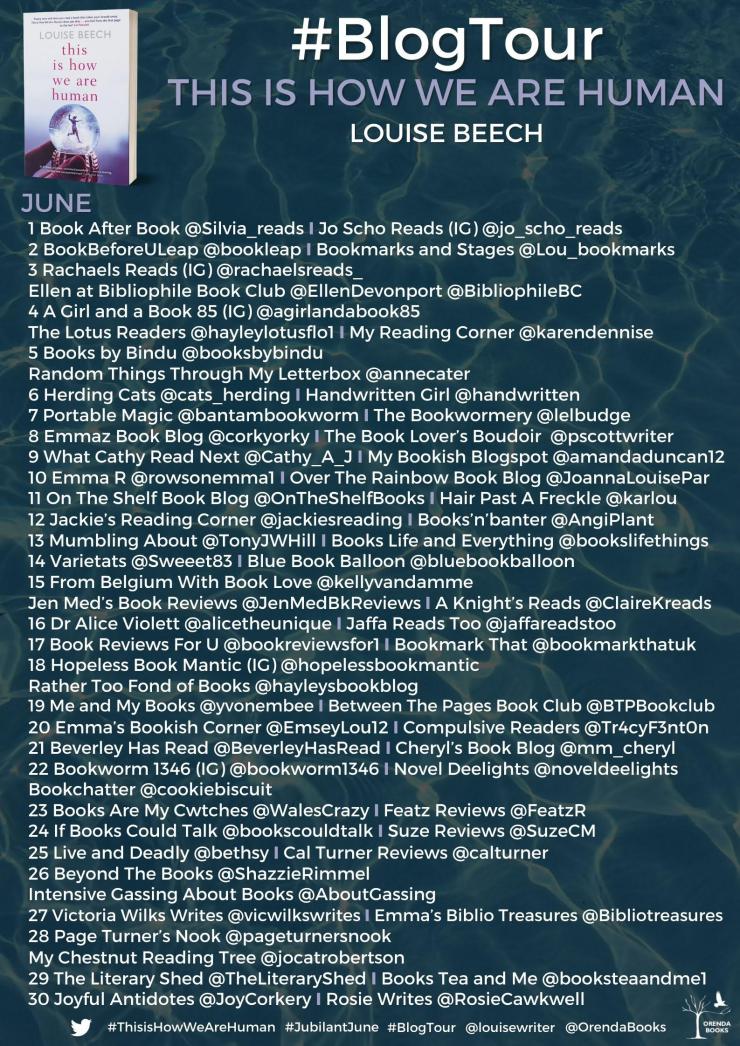Blog tour: This is How We Are Human, by Louise Beech

This post is part of a blog tour organised by Random Things Blog Tours. I received a free copy of the book in return for an honest review.
“Sebastian James Murphy is twenty years, six months and two days old. He loves swimming, fried eggs and Billy Ocean. Sebastian is autistic. And lonely. Veronica wants her son Sebastian to be happy, and she wants the world to accept him for who he is. She is also thinking about paying a professional to give him what he desperately wants.
“Violetta is a high-class escort, who steps out into the night thinking only of money. Of her nursing degree. Paying for her dad’s care. Getting through the dark.
“When these three lives collide, and intertwine in unexpected ways, everything changes. For everyone.”

This is How We Are Human, by Louise Beech, is a highly engaging story about three characters - Sebastian, Veronica and Violetta - trying to navigate the world and achieve their goals despite challenges that seem insurmountable at times. The author has a talent for writing both highly witty and heart-wrenching scenes, and I really experienced the characters’ highs and lows with them as I sailed through the book.
Beech takes an understanding, empathetic, and compassionate approach to her characters. They each make new discoveries about life and undergo transformations, but in ways that improve their lives and make them happier, rather than because there was anything glaringly wrong with them as people at the start of the story.
This is especially true of Sebastian. Many authors who create autistic characters make them little more than a string of stereotypical traits, but that isn’t the case here at all. He is shown to have agency and a complex inner life, and rails against being infantilised and over-protected. He has his special interests and particular ways of doing things, but these are presented as endearing and no less logical than many of the things neurotypicals do, rather than strange and to be ridiculed.
Sebastian busts the myth that autistic people don’t experience deep emotions as he becomes fond of Violetta, unaware that his mum, Veronica, has procured her services for him, and there are developments in his relationships with other characters too. Over the course of the book he becomes more confident and adventurous, but not at the expense of his essential ‘Sebastian-ness’.
Violetta is also written sympathetically, as we learn how she turned to sex work, alongside her training as a nurse, to fund her comatose dad’s care, and about her experiences on the job. These range from uncomfortable to deeply traumatic - busting another myth, that sex workers can’t be sexually assaulted by their clients. She finds Sebastian kind and pleasant, developing genuine affection for him that leads her to question whether she can accept Veronica’s money.
Veronica, meanwhile, comes to question her choice to engage Violetta without Sebastian’s knowledge, and realises that she has some prejudices, even against her own son, that she needs to address. However, you don’t really find yourself judging her because it’s clear that she means well and just wants to make Sebastian happy, and she’s willing to admit when she’s wrong and make changes. As Sebastian becomes more independent, she finds there are things in her own life she’s been neglecting because her world has revolved around him for so long.
This is How We Are Human is highly enjoyable, heartwarming, and sensitively written.
